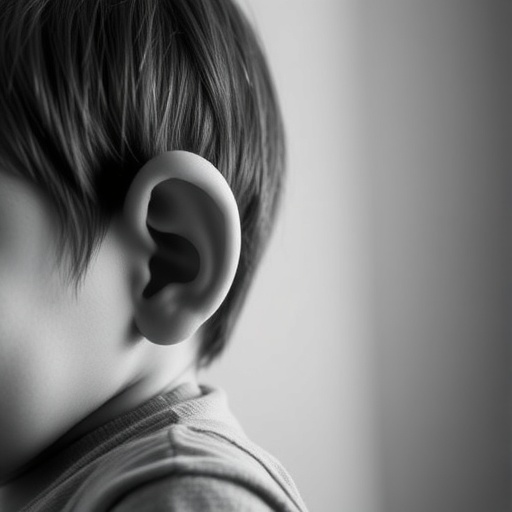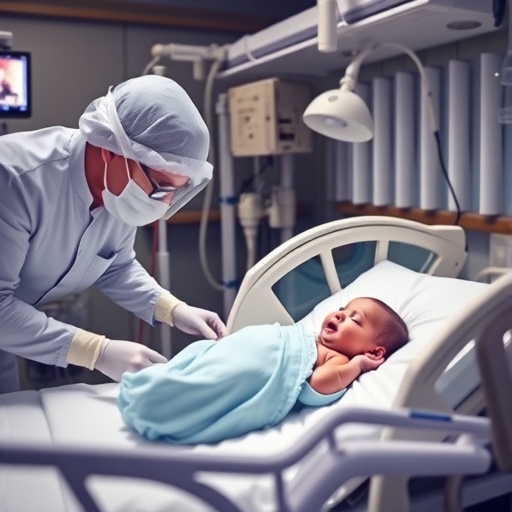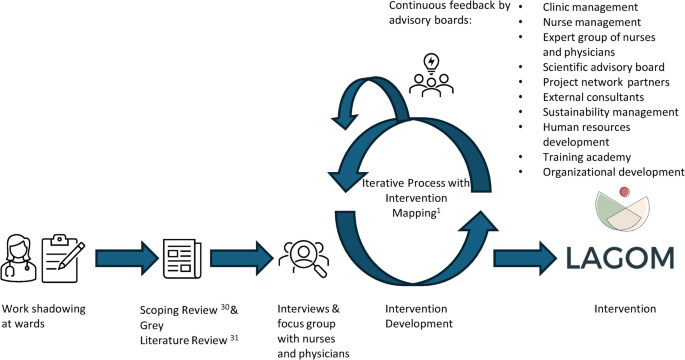

The surgery team at Dell Children’s Medical Center performs a pediatric heart operation in February. Dell Children’s started its congenital heart and transplant program in 2018 and has climbed to the No. 10 spot in U.S. News & World Report.
Austin’s Dell Children’s Medical Center has a top 10 program in the U.S. News & World Report rankings of the best children’s hospital.
The annual list, which came out Tuesday, ranked the cardiology program No. 10 in the country. Last year, that program was No. 30.
Article continues below this ad
The climb in the rankings is an indication of the collaboration within the program, as well as with other specialties and subspecialties, said Adam Messer, the president of Dell Children’s.
“It is a team sport,” he said. “Everybody is on the same team. The results and the speed just indicate how unique it is in the country. This kind of collaboration, this kind of quality, it’s pretty impressive.”
The program has grown since Dell Medical School at the University of Texas opened in 2016, and Ascension Texas, the hospital’s system, and the school were able to recruit nationally renown doctors to the hospital and the university.

Dr. Charles Fraser, chief of congenital heart surgery, checks on Morgan Adams’ surgery scar. She was one of the youngest patients to get a heart transplant at Dell Children’s. The cardiac program went from No. 30 last year to No. 10 in the country.
In 2018, the school and the hospital opened the Texas Center for Pediatric & Congenital Heart Disease, and did the program’s first heart transplant in October 2020. It has since implanted the youngest patient in the world with a Berlin mechanical heart and been one of only a handful of children’s hospitals to have done a partial heart transplant.
Article continues below this ad
“Look what you can do when you bring together people committed to a singular cause of taking caring of children in Austin,” said Dr. Leah Harris, the chair of pediatrics at the Dell Medical School. “The catalyst for this transformation is absolutely the introduction of academic medical care.”
Before Dell Medical School opened, Austin was the largest city without an academic medical school in the country.
Doctors like Harris came from nationally-ranked children’s hospitals to move to Dell Children’s and Dell Medical School because of the chance to build programs from infancy and to rethink the traditional structure they experienced at much older programs, said Harris, who came from Northwestern, Johns Hopkins and Vanderbilt universities. “Without that legacy, you are free to do something transformative,” she said.
Article continues below this ad
The cardiac program is not alone in its climb in the rankings, as the hospital and medical school have built teams across specialties. Six other programs made the national list:
- 36th in neonatology, up 45 from last year
- 25th in neurology and neurosurgery, up from 28
- 31st in orthopedics, down from 30 last year
- 27th in pulmonology and lung surgery, up from 41
- 49th in urology. It was not ranked last year.
- Top 50 in mental and behavioral health, the same as last year (U.S. News & World Report does not rank this by number).
The rankings judged 198 children’s hospitals based on outcome statistics such as patient survival rates, and infections and complications; hospital resources such as staffing, technology and special services; delivery of health care meeting best practices; and expert opinion among pediatric specialists.
The rankings do have some elements of a popularity contest, Harris said. A program’s reputation, as well as the quality of the people who have been trained by the program as residents and fellows really matter. Dell Medical School has been able to add more fellowships in recent years, including one in cardiology this year, with more being considered.
Article continues below this ad

Jett Payne at home with his mom, Ryann, center, dad, Brad, right, and neonatologist Ashley Lucke, left, near Buda. Jett had a stroke during his delivery, but quick thinking on the part of Dell Children’s Hospital staff stopped his seizures and seems to have prevented any damage. Both the neurology and neonatology departments are nationall ranked this year.
Dell Children’s was the No. 3 children’s hospital in Texas and the region, behind Texas Children’s Hospital in Houston and Children’s Medical Center in Dallas.
Texas Children’s, which now has a hospital in North Austin and specialty, primary care and urgent clinics in Austin, made the honor roll list of the top 10 children’s hospitals in the country for its main Houston hospital. It was the only hospital in Texas to do so.
Texas Children’s also ranked in No. 1 in the state and region, and had 11 nationally ranked programs:
Article continues below this ad
- 9th in pediatric cancer, down from 4 last year
- 1st in cardiology and heart surgery, same as last year
- 5th in endocrinology and diabetes, down from 4
- 5th in gastroenteroloy, same as last year
- 2nd in neonatology, up for 3
- 2nd in nephrology, down from 1
- 1st in neurology and neurosurgery, up from 2
- 5th in orthopedics, up from 7
- 1st in pulmonology and lung surgery, up from 2
- 2nd in urology, same as last year
- Top 50 in mental and behavioral health, same as last year
Texas Children’s North Austin hospital, St. David’s Children’s Hospital and Dell Children’s North Austin hospital do not have any location-specific ranked programs.
To get where Texas Children’s in Houston is, Dell Children’s will have to add programs. It recently added a stem cell transplant program, but it will need to resurrect its kidney transplant program and add liver, pancreas and lung transplants, as well as grow its genetics and rare disease programs. All of those are in the planning stages.
“We will continue to build,” Messer said. “Our objective is to every day serve children and families with excellence in all programs. That care is true north for us. … We’re not chasing rankings. We’re chasing the care. The rankings and recognition will come.”
Article continues below this ad
While Dell Children’s and Dell Medical School are celebrating their collaboration and this year’s rankings now, Harris and her colleagues are continuing to ask the question: What do the children of Austin need?
“There’s much work for us to do,” she said. “We’re still going. This not the end; this is just the beginning.”

Pediatric urology surgeon Dr. Kelly Nast stands in an operating room with a new robot at Dell Children’s Medical Center. The urology department joined the top 50 rankings this year.
link







